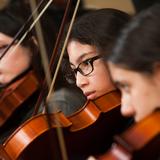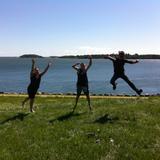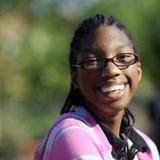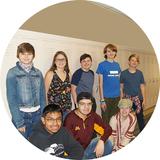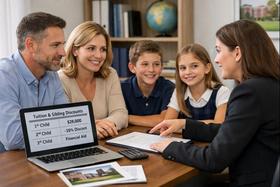Pediatric rehabilitation and education at FINR utilizes a specialized program to meet the unique needs of children and adolescents (age 4 and up).
In family-style homes and special education classroom settings children learn the necessary skills to return to their families and community school.
Unfortunately, many children who come to FINR following a traumatic brain injury (TBI) had acquired skills prior to their injury but those previously learned skills require re-training and re-learning.
Because of their lack of success with relationships, daily living tasks and skills, and failure experienced within family, community, and school, many children are not motivated to learn or change their behaviors.
Many do not respond to natural consequences within their environment.
Until children do begin to respond to the positive and negative natural social consequences of their environment, it is necessary to utilize precision teaching and motivation strategies that become an integral part of the teaching process for successful re-integration to school, community, and family.
Quick Facts (2026)
- School Type: Special Education School
- Grades: 5-12
- Enrollment: 4 students
- Average class size: 5 students
- Application Deadline: None / Rolling
- Source: Verified school update
School Overview
School Type
School Membership(s)School Assoc.
Religious Affiliation
Grades Offered
Grades 5-12
Learning Difference Programs
Yes
Learning Programs Supported
special needs across all categories
Year Founded
1992
Summer School Offered
Yes
School Calendar
Student Body
Total Students
4 students
Student Body Type
Co-ed
Students by Grade
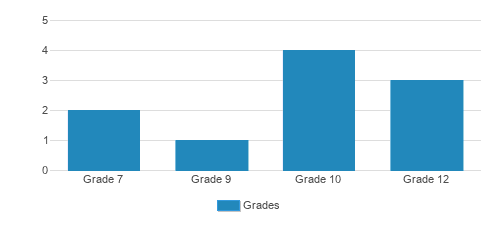
Academics and Faculty
Total Classroom Teachers
1 teacher
Student-Teacher Ratio
4:1
National avg.: 11:1
% Faculty w/Advanced Degree
50%
Average Class Size
5 students
Classroom Dress Code
Casual
Tuition and Acceptance Rate
Admission Deadline
None / Rolling
Tuition Notes
included with admission to rehabilitation facility
Application URL
School Notes
- Each home has 24-hour staff supervision and staff have been trained to continually teach children social competency skills.
- Goals for specific therapies are integrated into the academic setting. Special emphasis is placed on the group class situation simulating, a closely as possible, the public school setting and re-entry skills unique to a school situation including peer interactions.
- Children receive individualized assessment, restorative services and re-training, behavior management, psycho-social, cognitive, physical functioning, communication, daily living, education and vocational opportunities when appropriate.
Source: Verified school update
Frequently Asked Questions
When is the application deadline for Lakeside Neurologic?
The application deadline for Lakeside Neurologic is rolling (applications are reviewed as they are received year-round).
School Reviews
Endorse Lakeside Neurologic. Endorsements should be a few sentences in length. Please include any comments on:
- Quality of academic programs, teachers, and facilities
- Availability of music, art, sports and other extracurricular activities
- Academic or athletic awards
Recent Articles
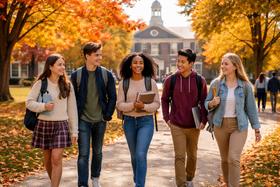
Guides to Private Schools in 2026
Updated 2026 guide to private schools, covering admissions trends, tuition, financial aid, school types, and expert tips for families.
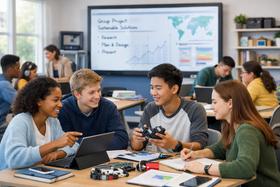
Why Private School in 2026: Advantages, Trends, and What Families Need to Know
Explore why private school remains a compelling choice in 2026, with updated trends, outcomes, and real‑world benefits for families today.
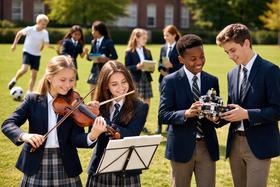
Costs of Private School in 2026
Discover the hidden costs of private school in 2026, including fees, uniforms, and extras parents must budget for beyond tuition.

